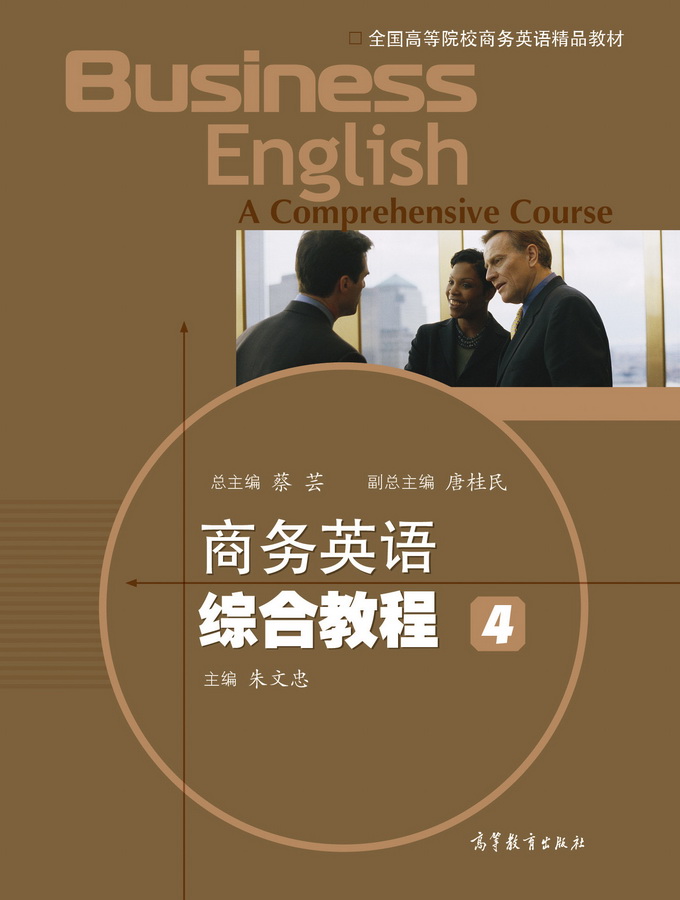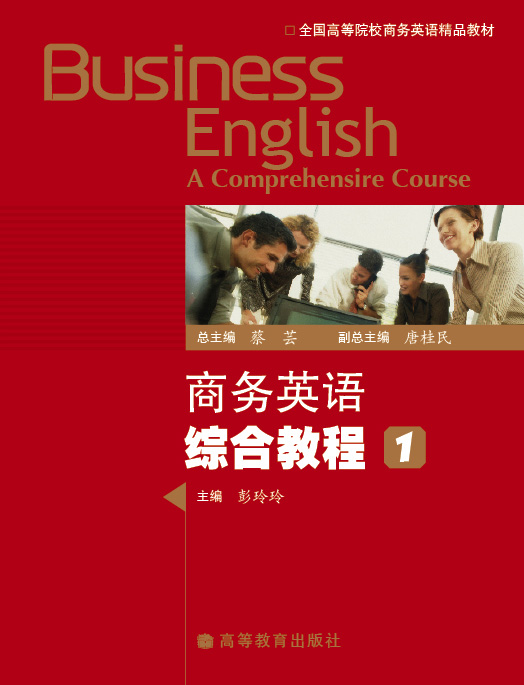Riemann曲面的模空间(影印版)
作者: Benson Farb等
出版时间:2023-03
出版社:高等教育出版社
- 高等教育出版社
- 9787040593099
- 1版
- 458704
- 48266221-0
- 精装
- 16开
- 2023-03
- 620
- 376
- 理学
- 数学类
- 数学类
- 本科 研究生及以上
前辅文
Benson Farb, Richard Hain, and Eduard Looijenga Introduction
Yair N. Minsky A Brief Introduction to Mapping Class Groups
1. Definitions, examples, basic structure
2. Hyperbolic geometry, laminations and foliations
3. The Nielsen-Thurston classification theorem
4. Classification continued, and consequences
5. Further reading and current events
Bibliography
Ursula Hamenst¨adt Teichm¨uller Theory
Introduction
Lecture 1. Hyperbolic surfaces
Lecture 2. Quasiconformal maps
Lecture 3. Complex structures, Jacobians and the Weil Petersson form
Lecture 4. The curve graph and the augmented Teichm¨uller space
Lecture 5. Geometry and dynamics of moduli space
Bibliography
Nathalie Wahl The Mumford Conjecture, Madsen-Weiss and Homological Stability for Mapping Class Groups of Surfaces
Introduction
Lecture 1. The Mumford conjecture and the Madsen-Weiss theorem
1. The Mumford conjecture
2. Moduli space, mapping class groups and diffeomorphism groups
3. The Mumford-Morita-Miller classes
4. Homological stability
5. The Madsen-Weiss theorem
6. Exercises
Lecture 2. Homological stability: geometric ingredients
1. General strategy of proof
2. The case of the mapping class group of surfaces
3. The ordered arc complex
4. Curve complexes and disc spaces
5. Exercises
Lecture 3. Homological stability: the spectral sequence argument
1. Double complexes associated to actions on simplicial complexes
2. The spectral sequence associated to the horizontal filtration
3. The spectral sequence associated to the vertical filtration
4. The proof of stability for surfaces with boundaries
5. Closing the boundaries
6. Exercises
Lecture 4. Homological stability: the connectivity argument
1. Strategy for computing the connectivity of the ordered arc complex
2. Contractibility of the full arc complex
3. Deducing connectivity of smaller complexes
4. Exercises
Bibliography
Soren Galatius Lectures on the Madsen–Weiss Theorem
Lecture 1. Spaces of submanifolds and the Madsen–Weiss Theorem
1.1. Spaces of manifolds
1.2. Exercises for Lecture 1
Lecture 2. Rational cohomology and outline of proof
2.1. Cohomology of Ω∞Ψ
2.2. Outline of proof
2.3. Exercises for Lecture 2
Lecture 3. Topological monoids and the first part of the proof
3.1. Topological monoids
3.2. Exercises for Lecture 3
Lecture 4. Final step of the proof
4.1. Proof of theorem 4.3
4.2. Exercises for Lecture 4
Bibliography
Andrew Putman The Torelli Group and Congruence Subgroups of the Mapping Class Group
Introduction
Lecture 1. The Torelli group
Lecture 2. The Johnson homomorphism
Lecture 3. The abelianization of Modg,n(p)
Lecture 4. The second rational homology group of Modg(p)
Bibliography
Carel Faber Tautological Algebras of Moduli Spaces of Curves
Introduction
Lecture 1. The tautological ring of Mg
Exercises
Lecture 2. The tautological rings of Mg,n and of some natural partial compactifications of Mg,n
Exercises
Bibliography
Scott A. Wolpert Mirzakhani’s Volume Recursion and Approach for the Witten-Kontsevich Theorem on Moduli Tautological Intersection Numbers
Prelude
Lecture 1. The background and overview
Lecture 2. The McShane-Mirzakhani identity
Lecture 3. The covolume formula and recursion
Lecture 4. Symplectic reduction, principal S1 bundles and the normal form
Lecture 5. The pattern of intersection numbers and Witten-Kontsevich
Questions for the problem sessions
Bibliography
Martin M¨oller Teichm¨uller Curves, Mainly from the Viewpoint of Algebraic Geometry
1. Introduction
2. Flat surfaces and SL2(R)-action
2.1. Flat surfaces and translation structures
2.2. Affine groups and the trace field
2.3. Strata of ΩMg and hyperelliptic loci
2.4. Spin structures and connected components of strata
2.5. Stable differentials and Deligne-Mumford compactification
3. Curves and divisors in Mg
3.1. Curves and fibered surfaces
3.2. Picard groups of moduli spaces
3.3. Special divisors on moduli spaces
3.4. Slopes of divisors and of curves in Mg
4. Variation of Hodge structures and real multiplication
4.1. Hilbert modular varieties and the locus of real multiplication
4.2. Examples
5. Teichm¨uller curves
5.1. Square-tiled surfaces and primitivity
5.2. The VHS of T curves
5.3. Proof of the VHS decomposition and real multiplication
5.4. Cusps and sections of T curves
5.5. The classification problem of T curves: state of the art
6. Lyapunov exponents
6.1. Motivation: Asymptotic cycles, deviations and the wind-tree model
6.2. Lyapunov exponents
6.3. Lyapunov exponents for Teichm¨uller curves
6.4. Non-varying properties for sums of Lyapunov exponents
6.5. Lyapunov exponents for general curves in Mg and in Ag
6.6. Known results and open problems
Bibliography
Makoto Matsumoto Introduction to arithmetic mapping class groups
Introduction
Lecture 1. Algebraic fundamental groups
Lecture 2. Monodromy representation on fundamental groups
Lecture 3. Arithmetic mapping class groups
Lecture 4. Topology versus arithmetic
Lecture 5. The conjectures of Oda and Deligne-Ihara
APPENDIX: Algebraic fundamental groups via fiber functors
Bibliography







